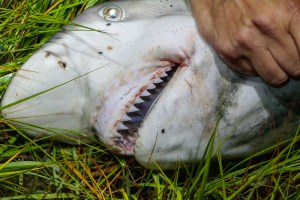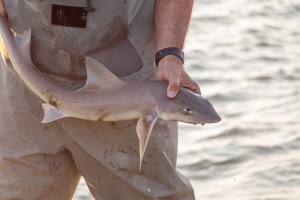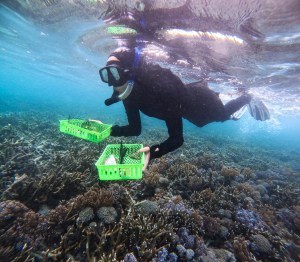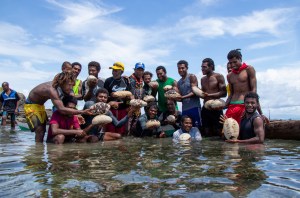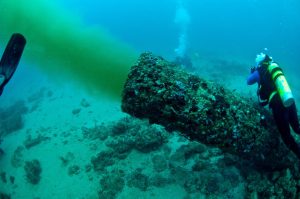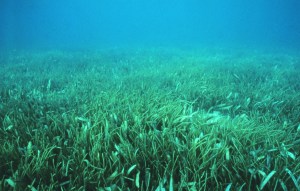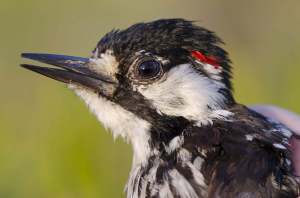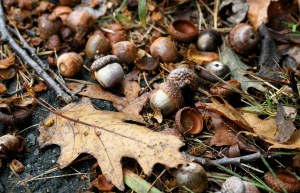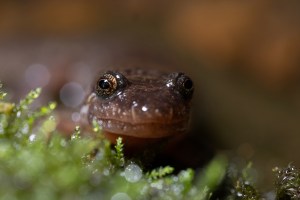Discover stories in Environments
For Climate Adaptation, Forests Offer More Than Carbon Storage
New research finds that forests play a far greater role in protecting people from climate change than previously recognized.
Catching Sharks for Science
On Long Beach Island, volunteer anglers help researchers uncover the hidden journeys of sharks in threatened salt marsh ecosystems.
Seeing the Salt Marsh for the Sharks
Shark tagging in New Jersey’s salt marshes reveals migration patterns and shows how restoring wetlands strengthens vulnerable coasts.
Stress-Testing Corals to Find Raja Ampat’s Most Resilient Reefs
Low-tech field science and community partnerships combine to help identify the most climate-resilient reefs in Raja Ampat.
Case Study: Sustainable Sea Cucumber Fisheries Offer Both Rewards & Challenges
Sustainable fisheries can be a win-win solutions for both conservation and local communities, especially in the Indo-Pacific. But establishing them comes with unique challenges.
Wastewater Pollution and the Fight for Coastal Resilience
Disover the urgent issues of wastewater pollution and how sustainable practices can help restore our vulnerable ecosystems.
Can We Turn Back the Tide on Wastewater Pollution?
Tampa Bay proves recovery is possible: decades of science and collaboration restored seagrass and water quality—offering lessons for coasts worldwide.
Grazing Lands as Climate Solutions: Key Practices for Carbon and Biodiversity
Study finds wetland restoration, pasture planting, and adjusted grazing can boost soil carbon and cut emissions—but more research is needed for lasting impact.
Family, Survival and Change: The Secret Life of the Red-cockaded Woodpecker
Lauren Pharr uncovers how family bonds and teamwork help red-cockaded woodpeckers thrive in longleaf pine forests, even as climate change reshapes their world.
The Mystery of the Mast Year
Scientists still aren’t sure why some populations of trees drop extraordinary quantities of nuts, fruits, or seeds every few years—or how they coordinate across vast ranges to do so.
Mangroves Slash Hurricane Damage in Florida by Billions
In Collier County alone, mangroves cut annual losses by $67M and prevented $4B in damages during Hurricane Ian.
Get Up Close With Alabama’s Rivers
Follow photographer Mac Stone as he explores the pitcher plant bogs, nesting bird islands, and floodplain forests for Alabama’s river ecosystems.

